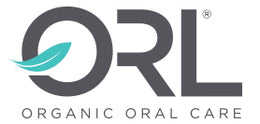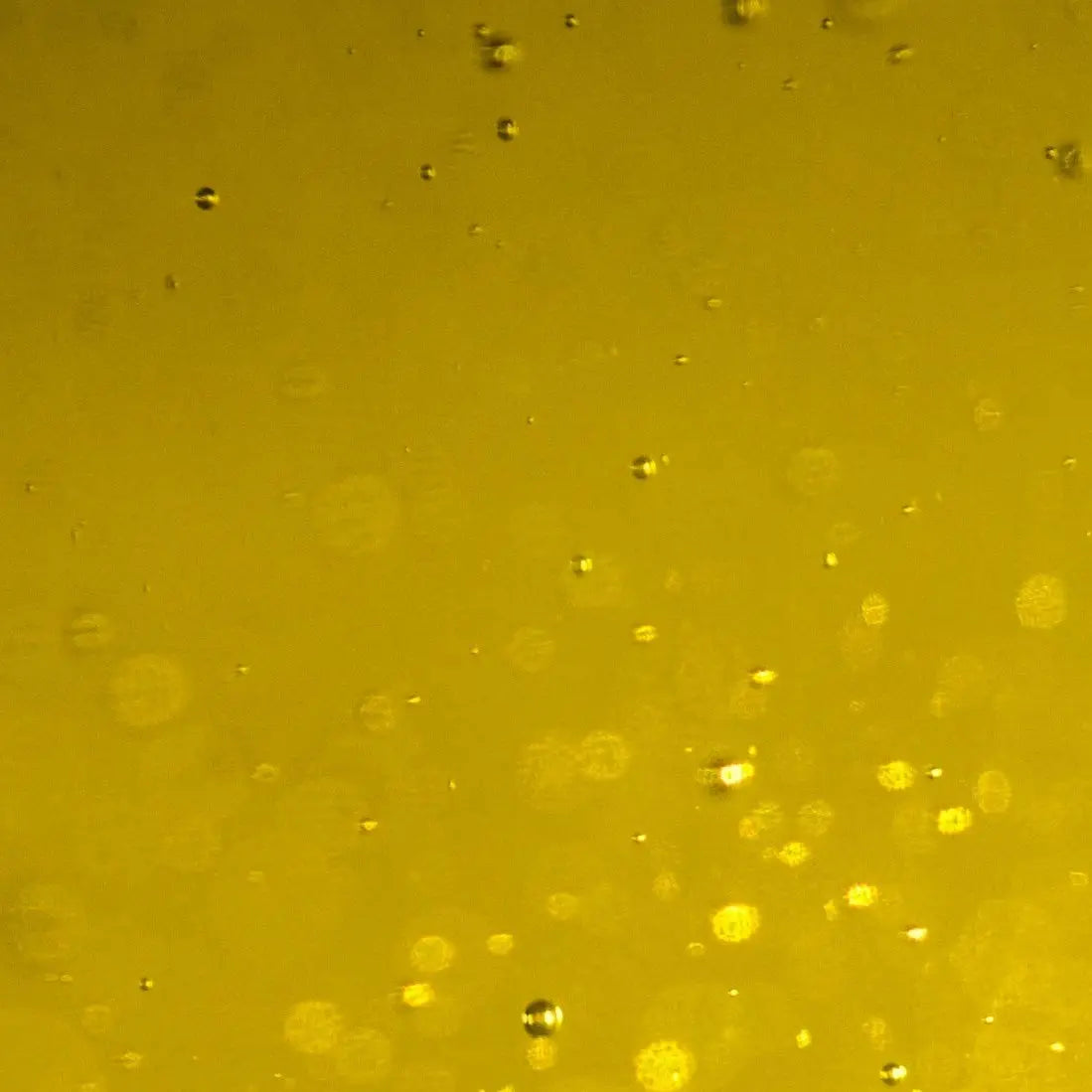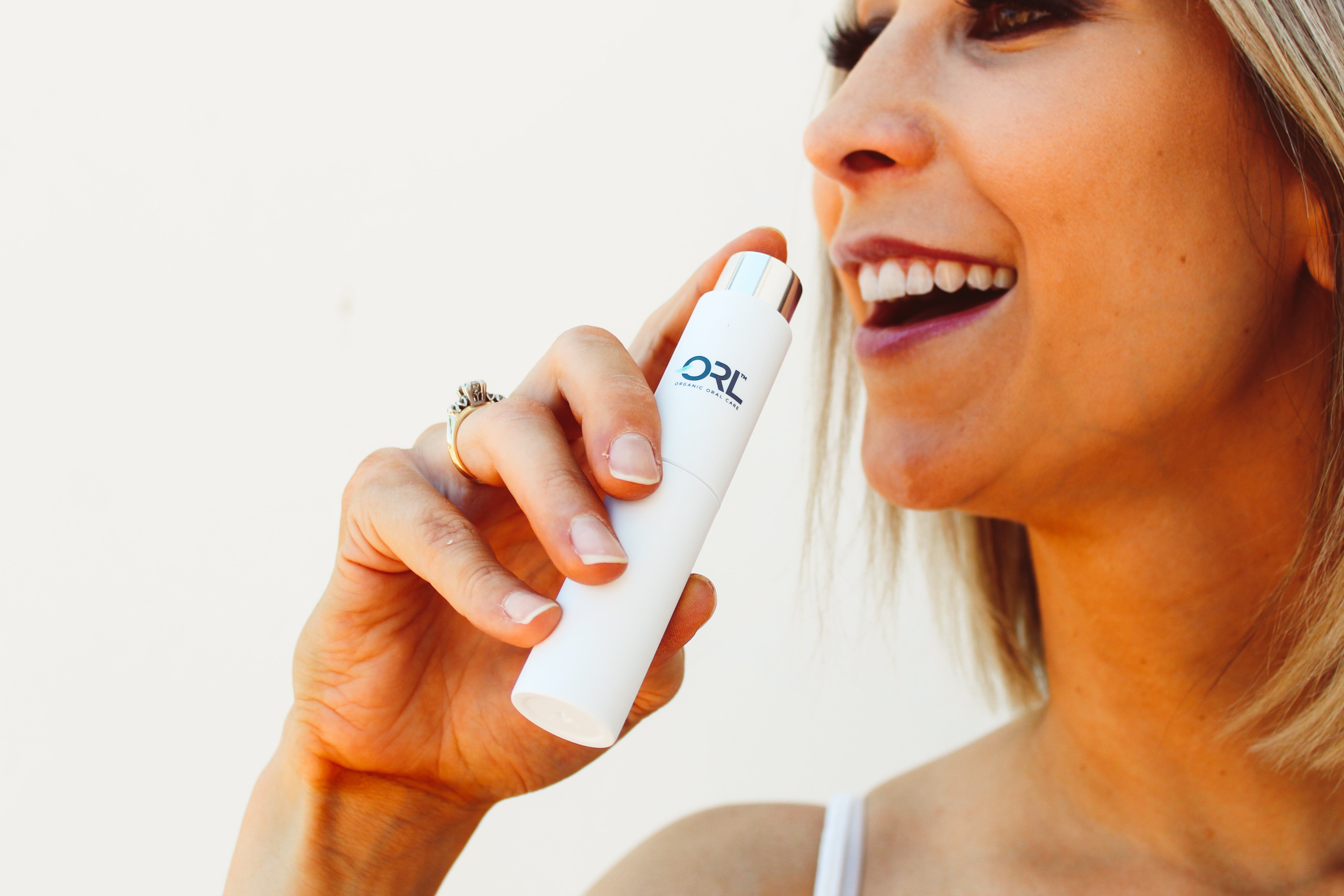Natural hydroxyapatite is not typically classified as a dietary calcium supplement, despite containing calcium.
Here’s why—and why it’s so valuable for your smile:
· What it is: Hydroxyapatite is a naturally occurring mineral form of calcium phosphate—the same substance that makes up most of our tooth enamel and bone. “Natural” or “microcrystalline” hydroxyapatite used in oral-care products is usually derived from purified bovine bone or carefully synthesized to match the mineral in teeth. Because it mirrors the body’s own structure, it is exceptionally biocompatible and safe for everyday use.
· Use in oral care: In toothpaste in particular, hydroxyapatite is applied topically. It bonds with the tooth surface to help remineralize weakened enamel, fill microscopic surface defects, and reduce sensitivity. Many users also notice a gentle whitening effect as the smooth, repaired enamel reflects light more evenly. And because it works with your body’s natural remineralization process, it strengthens teeth without the harshness of abrasives or the concerns some people have about fluoride.
Because you spit it out, it isn’t intended for systemic absorption.
· Use as a bone supplement: There are nutritional products sold as “microcrystalline hydroxyapatite complex (MCHC)” for bone health. Those capsules or tablets are formulated and dosed specifically for ingestion and can provide dietary calcium and phosphorus.
Bottom line:
· Hydroxyapatite toothpaste or mouthwash = topical oral-care ingredient with powerful enamel-rebuilding benefits, not a calcium supplement.
· Microcrystalline hydroxyapatite capsules/tablets = dietary calcium/phosphate supplement.
If you’re considering hydroxyapatite for calcium intake, choose supplements labeled and dosed for that purpose and follow your pharmacist’s or medical professional’s advice.



